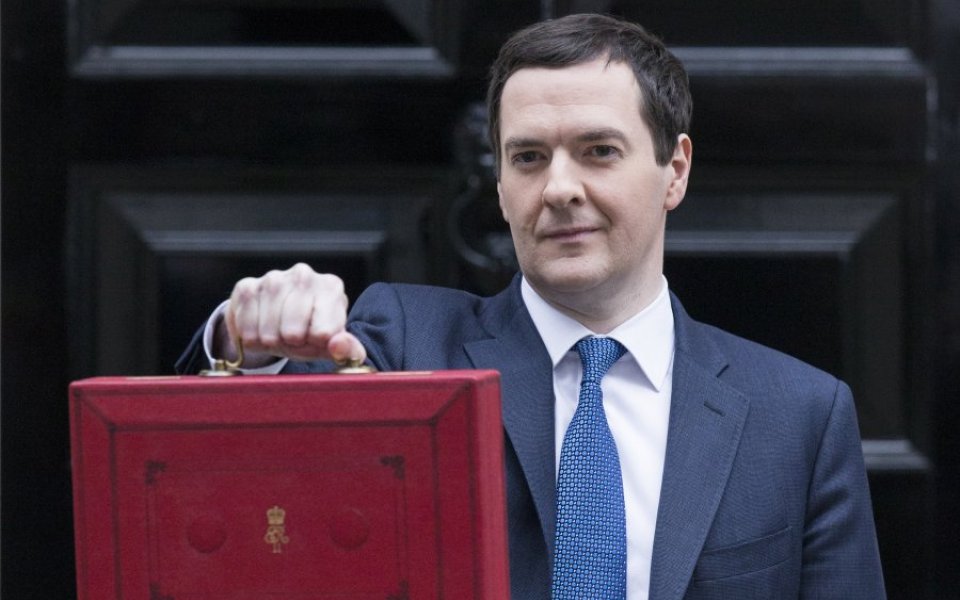Treasury is saddling British businesses with £29bn in extra costs from National Living Wage (NLW), apprenticeship levy and business rates – Confederation of British Industry (CBI)

British businesses will be hit with a bill for almost £30bn in additional costs as a result of government policies including the National Living Wage (NLW) and the apprenticeship levy.
The flagship schemes, along with the existing business rates regime, will cost British businesses around £9bn every year by 2020-21, according to new analysis out today from the Confederation of British Industry (CBI).
The new numbers fly in the face of government promises to cut at least £10bn in red tape for British businesses over the next five years.
“The UK needs to be able to grow its way out of the deficit, but the danger of this rising policy burden is that it holds back businesses,” said CBI director-general Carolyn Fairbairn. “This cost burden has now crept up far enough, if the government is serious about supporting the UK’s companies to drive growth in the economy.”
Fairbairn has previously warned that the apprenticeship levy could lead to “significant” job losses, and a CBI survey from the end of last year found just one in six businesses think the new tax is the right approach. The British Chambers of Commerce (BCC) and the Institute of Directors (IoD) have also questioned the new levy.
Chancellor George Osborne first announced the levy in July’s summer budget, and revealed in the Autumn Statement that the levy would be a 0.5 per cent payroll tax for firms whose wage bills exceed £3m.
Osborne also introduced plans for the new National Living Wage (NLW) last summer, saying the minimum wage would rise to £7.20 per hour for workers over the age of 25. The NLW is expected to increase incrementally, topping out at £9 per hour by 2020.
The NLW is set to give 2.5m British workers an immediate pay rise when it goes into effect in April, but firms have said the change will lead to higher costs and fewer jobs.
New research out today from the Social Market Foundation (SMF) and Adecco found one in four private sector employees will be directly affected by the new rules, with most private sector firms needing to “overcome significant productivity challenges in order to cope with the cost” of the NLW.
“Businesses and the government will have to act to make sure that workplace productivity rises alongside the new regulated wage,” said SMF chief economist Nida Broughton. “If businesses can increase productivity there is less likely to be a risk of higher unemployment as a result of the introduction of the NLW.”
A Treasury spokesperson did not comment on the reports, but told City A.M.: “This government has backed business every step of the way, reducing national insurance contributions for small firms and is cutting corporation tax to 18 per cent for all companies.”